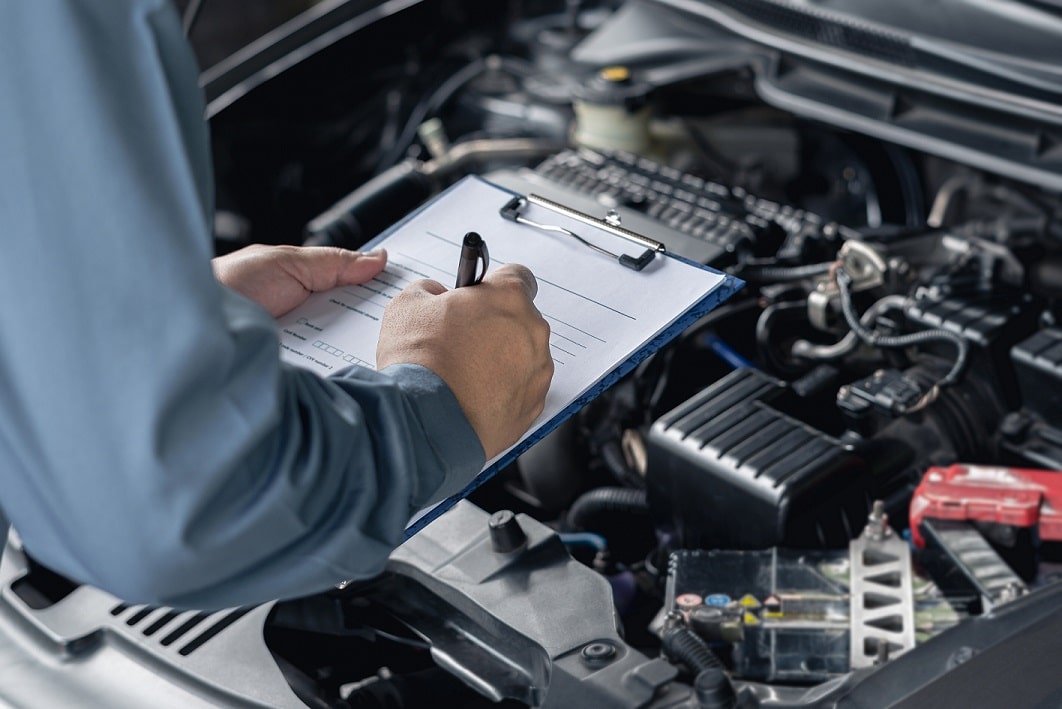Featured
Table of Contents
- – 1. Arrange Normal Oil Modifications.
- – 2. Display Tire Stress and Rotate Tires.
- – 3. Change and check Wiper Blades.
- – 4. Examine Liquid Levels Routinely.
- – 5. Test and Change Your Battery as Needed.
- – 6. Examine Brake Pads and Rotors.
- – 7. Change Air Filters Frequently.
- – 8. Watch on Lights and Signals.
- – 9. Safeguard the Paint and Outside.
- – 10. Stick to a Maintenance Set up.
- – Final thought.

Regular automobile maintenance is important for every single chauffeur, guaranteeing that your automobile runs efficiently, securely, and efficiently. By regularly checking your automobile's key systems, you can avoid pricey repairs and avoid unforeseen break downs. Right here are some important car maintenance tips every chauffeur need to recognize.
1. Arrange Normal Oil Modifications.
One of the most important elements of automobile upkeep is changing your oil consistently. A lot of cars and trucks require an oil adjustment every 5,000 to 7,500 miles, however you need to check your owner's handbook for particular referrals.2. Display Tire Stress and Rotate Tires.
Reduced tire pressure can lead to poor fuel economy, irregular tire wear, and also blowouts. Furthermore, rotating your tires every 6,000 to 8,000 miles aids disperse use uniformly, expanding the life of your tires and boosting general handling.3. Change and check Wiper Blades.
Wiper blades are easy to forget, however they are essential for risk-free driving in poor weather condition. Replace your wiper blades every 6 months or sooner if you observe they're no much longer removing your windshield correctly.4. Examine Liquid Levels Routinely.
Your automobile utilizes numerous fluids to operate efficiently, including coolant, brake liquid, power guiding fluid, and transmission liquid. Dirty or reduced liquids can create problems like overheating, poor stopping, and trouble steering. Examine liquid degrees regularly, and consult your owner's handbook to know when they ought to be transformed or completed. Maintaining correct liquid degrees is crucial for preventing malfunctions and prolonging your lorry's life-span.5. Test and Change Your Battery as Needed.
The battery powers your vehicle's electric parts and makes certain trustworthy beginnings. Severe weather can reduce a battery's life expectancy, so it is necessary to examine it frequently, particularly if it mores than three years old. If required, look for indications of rust and clean the battery terminals. Many auto shops provide free battery testing, which can be beneficial if you see dim lights or slow-moving starts.6. Examine Brake Pads and Rotors.
If you listen to squeaking, grinding, or notice a longer stopping distance, it's time to have your brakes inspected. Several drivers locate it valuable to have brakes inspected during regular tire turnings or other arranged maintenance.7. Change Air Filters Frequently.
Air filters avoid dust, debris, and various other pollutants from entering your engine and cabin. A clogged up engine air filter can impact your auto's performance and gas economy, while a clogged cabin air filter lowers air quality inside the vehicle. Replace the engine air filter every 15,000 to 30,000 miles, and examine your cabin filter at least annually.8. Watch on Lights and Signals.
Fronts lights, brake lights, and turn signals are essential for presence and communication on the roadway. Consistently inspect these lights to guarantee they are working properly. Replacing a bulb is affordable and usually quick, yet it's important to prevent driving with busted or dim lights, which can jeopardize security and bring about tickets.9. Safeguard the Paint and Outside.
Routinely washing and waxing your car is greater than just a cosmetic action; it safeguards the paint from dirt, salt, bird droppings, and UV rays. Over time, these components can damage your auto's paint and bring about corrosion. Waxing your vehicle every couple of months gives a protective layer that helps maintain its look and worth.10. Stick to a Maintenance Set up.
Your vehicle's guidebook provides an upkeep timetable tailored to your vehicle's requirements. Following this schedule helps maintain your vehicle in peak condition and addresses prospective problems early. Regular check-ups, consisting of tune-ups and evaluations by an expert, allow you to recognize and solve minor issues before they end up being major expenditures.Final thought.
Keeping your car does not have actually to be complicated or time-consuming, but it's crucial for keeping it secure, reliable, and effective. By following these pointers and remaining proactive with your cars and truck's maintenance, you'll appreciate a smoother trip, less unforeseen problems, and possibly greater resale value. Make regular maintenance a concern, and you'll reap the benefits every single time you struck the road.Table of Contents
- – 1. Arrange Normal Oil Modifications.
- – 2. Display Tire Stress and Rotate Tires.
- – 3. Change and check Wiper Blades.
- – 4. Examine Liquid Levels Routinely.
- – 5. Test and Change Your Battery as Needed.
- – 6. Examine Brake Pads and Rotors.
- – 7. Change Air Filters Frequently.
- – 8. Watch on Lights and Signals.
- – 9. Safeguard the Paint and Outside.
- – 10. Stick to a Maintenance Set up.
- – Final thought.
Latest Posts
Uncover the Rich Past of Deauville Inn: From Speakeasy to Seafood Haven
Published May 19, 25
2 min read
Arrange Exclusive Occasions at Deauville Inn: Select from Six Beautiful Settings
Published May 17, 25
2 min read
Experience the Taste of the Shore at Deauville Inn’s Oyster Bar
Published May 15, 25
2 min read
More
Latest Posts
Uncover the Rich Past of Deauville Inn: From Speakeasy to Seafood Haven
Published May 19, 25
2 min read
Arrange Exclusive Occasions at Deauville Inn: Select from Six Beautiful Settings
Published May 17, 25
2 min read
Experience the Taste of the Shore at Deauville Inn’s Oyster Bar
Published May 15, 25
2 min read